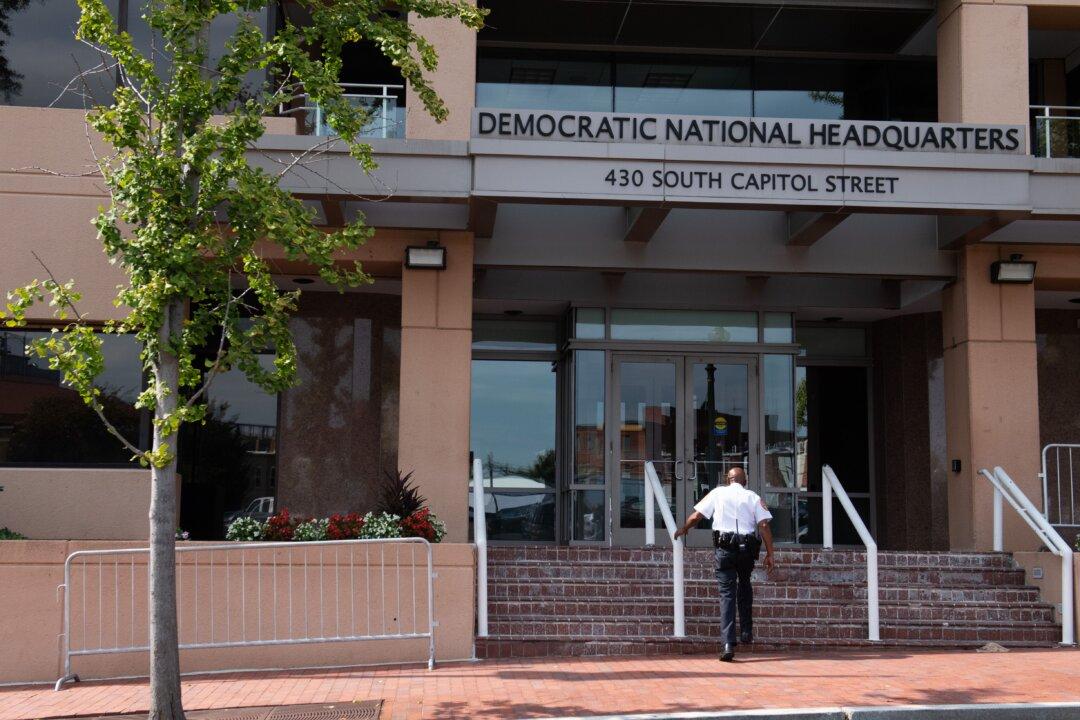The cybersecurity firm that investigated and remediated the alleged hack of the Democratic National Committee’s servers in 2016 found no direct evidence that hackers stole any data or emails, according to a newly declassified interview transcript.
Shawn Henry, the president of CrowdStrike Services, told the House Intelligence Committee in late 2017 that his firm had no evidence that the alleged Russian hackers stole any data from the Democratic National Committee (DNC) servers.





